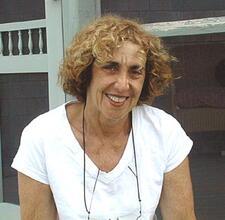Activism: Protests
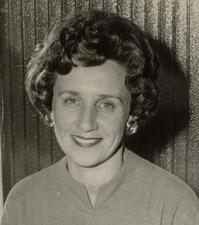
Lorna Lippmann
Lorna Lippmann (1921-2004) was an Australian researcher and educator who devoted much of her life to the promotion of Aboriginal rights. She was an activist, academic researcher, author, government advisor, and community relations practitioner. Aboriginal leaders praised her pioneering contributions.
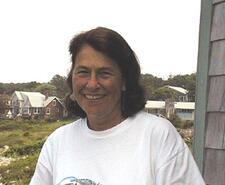
Sally Mack
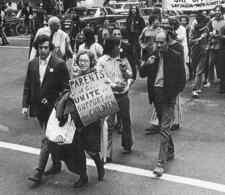
Jeanne Manford
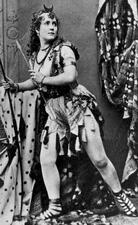
Adah Isaacs Menken
In her short but remarkable life, actress Adah Isaacs Menken became legendary for her scandalous defiance of convention. One of the most glamorous celebrities of the 1860s, Menken also cultivated a literary following. She wrote poetry and developed relationships with Walt Whitman and Charles Dickens, among others.

Goapele
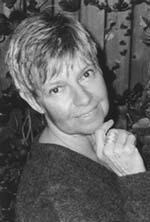
Robin Morgan

Galina Nizhnikov Veremkroit
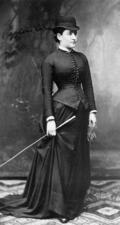
Bertha Pappenheim
Bertha Pappenheim was the founder of the Jewish feminist movement in Germany. In 1904, she founded the League of Jewish Women. Pappenheim believed that male-led Jewish social service societies underestimated the value of women’s work and insisted on a woman’s movement that was equal to and entirely independent of men’s organizations.
Peace Movement in the United States
Throughout the twentieth century, Jewish women played a major role in American peace organizations and movements. Jewish women have also been in prominent roles advocating for peace between Israel and Palestine, both in the Knesset and with private organizations.
Peace Movements in Israel
Pauline Podbrey
Pauline Podbrey was a committed Communist and anti-Apartheid activist. A Lithuanian child migrant to South Africa, she moved away from her Jewish roots and endured exile as a result of her mixed-race marriage, only to become disillusioned with Communism.
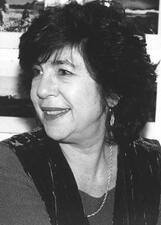
Lilly Rivlin
Lilly Rivlin is a documentary filmmaker whose films are centered around feminism, the Arab-Israeli peace process, Jewishness, and her family relationships. Rivlin’s films The Tribe (1984), Miriam’s Daughters Now (1986), and Gimme a Kiss (2000), all of which explore Jewishness and family, are among her best.
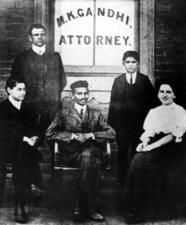
Sonja Schlesin
Sonja Schlesin was one of Gandhi's most trusted and important associates during the period when he was a young lawyer in South Africa. She rose from becoming his secretary in 1906 to playing a major role in the large nonviolent demonstrations and protest marches of 1913, which he organized on behalf of the immigrant Indian community.
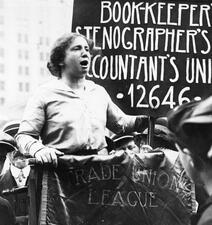
Rose Schneiderman
Evelyne Serfaty
Evelyne Serfaty was one of the most active women in the Moroccan Communist Party. Through her activities with the party, she militated for Moroccan independence from French and Spanish colonial rule. She was kidnapped and tortured for her brother’s political activities in the early 1970s under Morocco’s post-independence authoritarian state.

Stav Shaffir
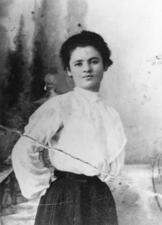
Clara Lemlich Shavelson
Clara Lemlich Shavelson pushed union leaders to recognize the importance of women in the labor movement and sparked the famous Uprising of the 20,000 garment workers strike in 1909. She continued her activism throughout her life, organizing around women’s suffrage and leading food boycotts and rent strikes.
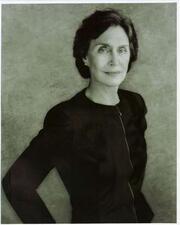
Alix Kates Shulman
Alix Kates Shulman is a radical feminist writer and activist and a leader in the second-wave feminist movement of the 1960s through 1980s. She is best known as the author of “The Marriage Agreement” (1970) and the best-selling Memoirs of an Ex-Prom Queen (1972), which was heralded as the “first important novel of the Women’s Liberation movement.” She was honored with a Clara Lemlich Award for a lifetime of social activism in 2018.
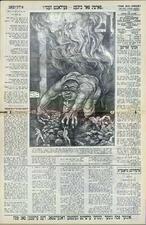
Socialism in the United States

Triangle Shirtwaist Fire

Julia Vinograd
Julia Vinograd was a street poet and the author of 68 slender volumes of verse widely admired for their vivid portraits of bohemians and street people in twentieth-century Berkeley, California. Her writing, which evolved in café open mic readings, is notable for its oratorical clarity, emotional warmth, and surreal imagination.

Anita Weinstein
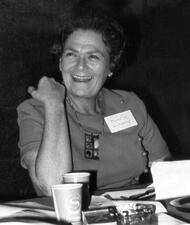
Myra Wolfgang
